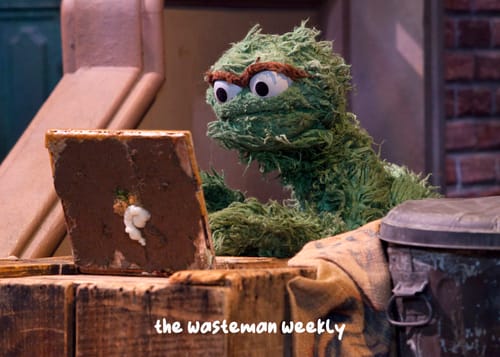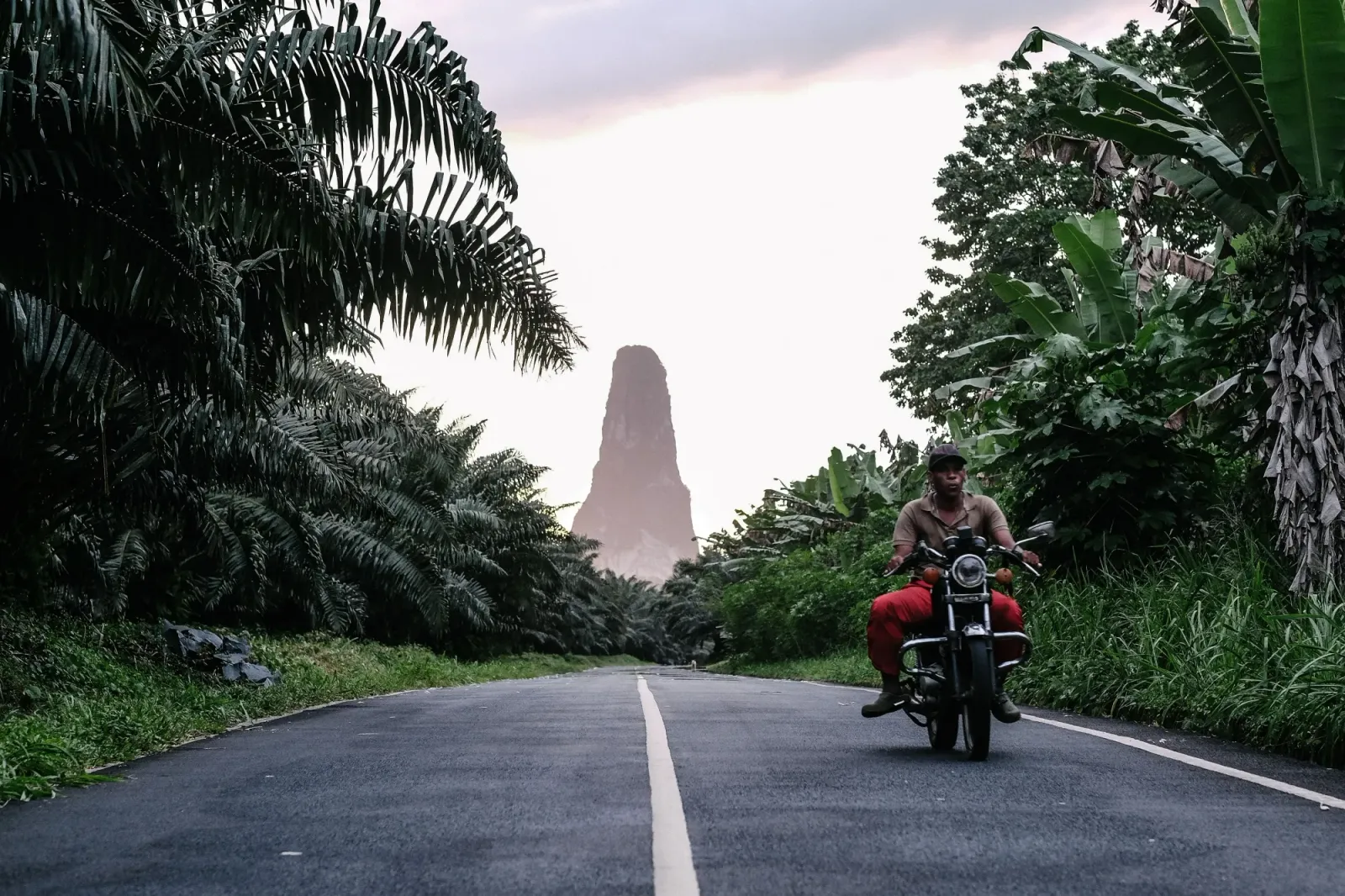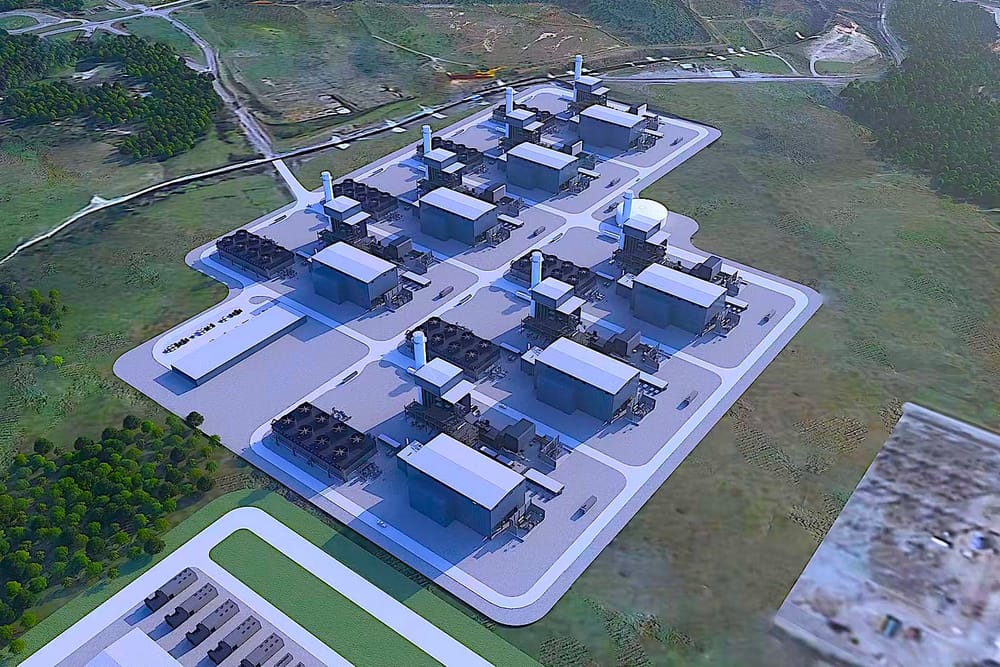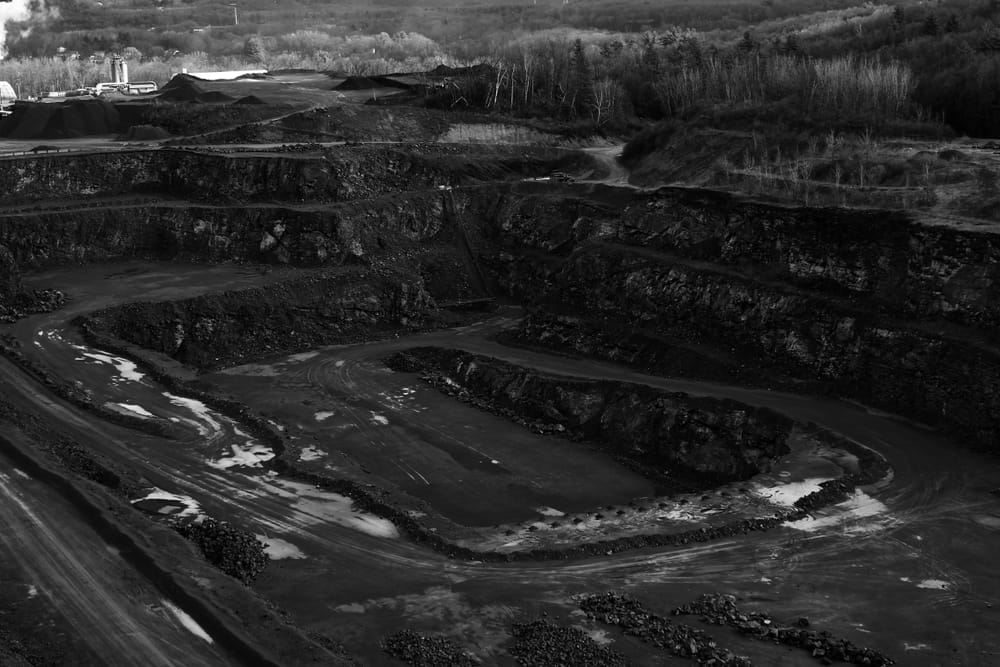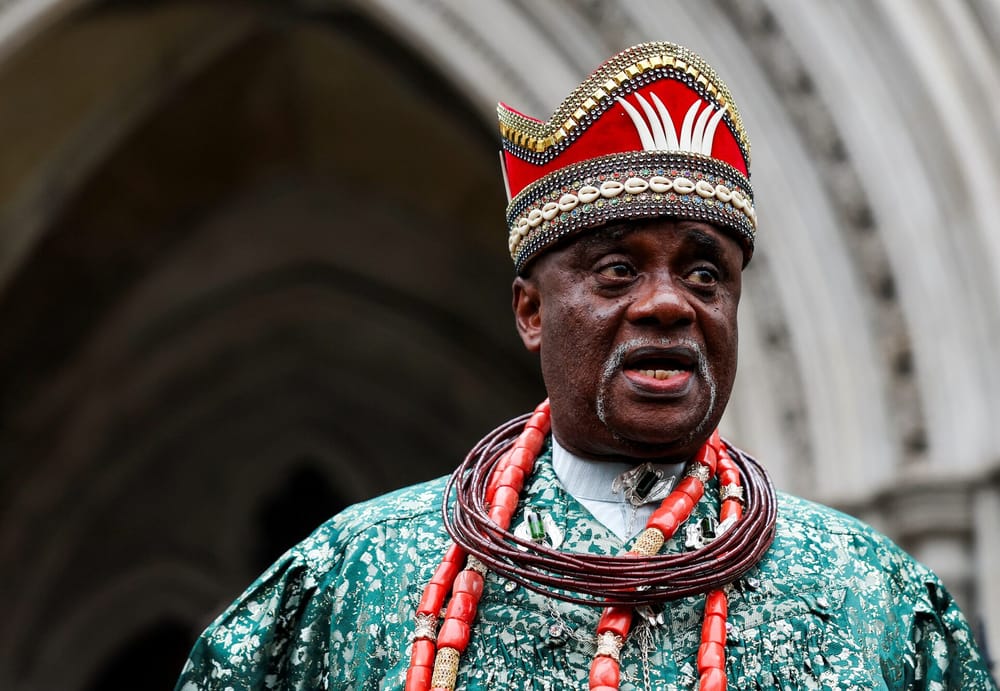Summary:
- Tech billionaire Mark Shuttleworth is transforming São Tomé and Príncipe into a global ecotourism hub while preserving its unique ecosystems.
- His groundbreaking “Natural Dividend” program pays locals based on their efforts to conserve the island’s biodiversity.
- This radical approach challenges traditional conservation models, merging community welfare with cutting-edge technology.
When most people imagine a billionaire buying an island, it conjures visions of luxury yachts, private villas, and exclusivity. But Mark Shuttleworth, the South African tech tycoon behind the Ubuntu operating system, had a different vision for São Tomé and Príncipe, a remote volcanic archipelago off Africa’s coast. Instead of turning it into his personal playground, Shuttleworth is reimagining ecotourism—blending cutting-edge technology, local empowerment, and environmental preservation into a bold new experiment.
Ecotourism is a form of sustainable travel that focuses on connecting people with nature while minimizing their impact on the environment. It’s about exploring pristine landscapes, supporting local communities, and preserving biodiversity. Unlike mass tourism, ecotourism emphasizes responsible travel—whether it’s staying at eco-friendly lodges, participating in conservation efforts, or learning about local cultures. It’s the ultimate way to see the world while giving back to the planet.
Shuttleworth’s journey began with a Google Maps rabbit hole, searching for a tropical escape where he could “be a vegetable.” What he found was Príncipe, a place he calls the “Galapagos of Africa,” where ancient rainforests meet pristine beaches, and fish literally walk on land. Over the past 15 years, he’s poured $50 million into revamping derelict resorts into eco-luxury destinations, aiming to attract tourists while safeguarding the island’s fragile ecosystems. But his real innovation isn’t the fancy bungalows—it’s the Natural Dividend.

Launching in 2025, this program flips the script on conservation. Instead of fencing off land or restricting locals, it rewards Príncipe’s 8,500 residents for protecting their natural surroundings. Every quarter, each person will receive a payout, funded initially by Shuttleworth himself, with the amount tied to the ecological health of the island. Drones and high-resolution imaging will monitor the land in real time, creating a data-driven baseline for measuring impact. “If you bugger up the land, the number goes down,” Shuttleworth explains. The goal? To make conservation as profitable as destruction, giving locals an active stake in the island’s future.
This approach raises big questions. Can conservation and development truly coexist? Will paying people to protect nature inspire a deeper connection to the land—or reduce it to an economic transaction? For Shuttleworth, it’s all about balance. “This isn’t policing,” he says. “It’s about creating better offers for people cutting down trees. Imagine if the butterflies paid you rent.” Bold and unconventional, his plan seeks to reframe how we think about the relationship between people, nature, and progress.
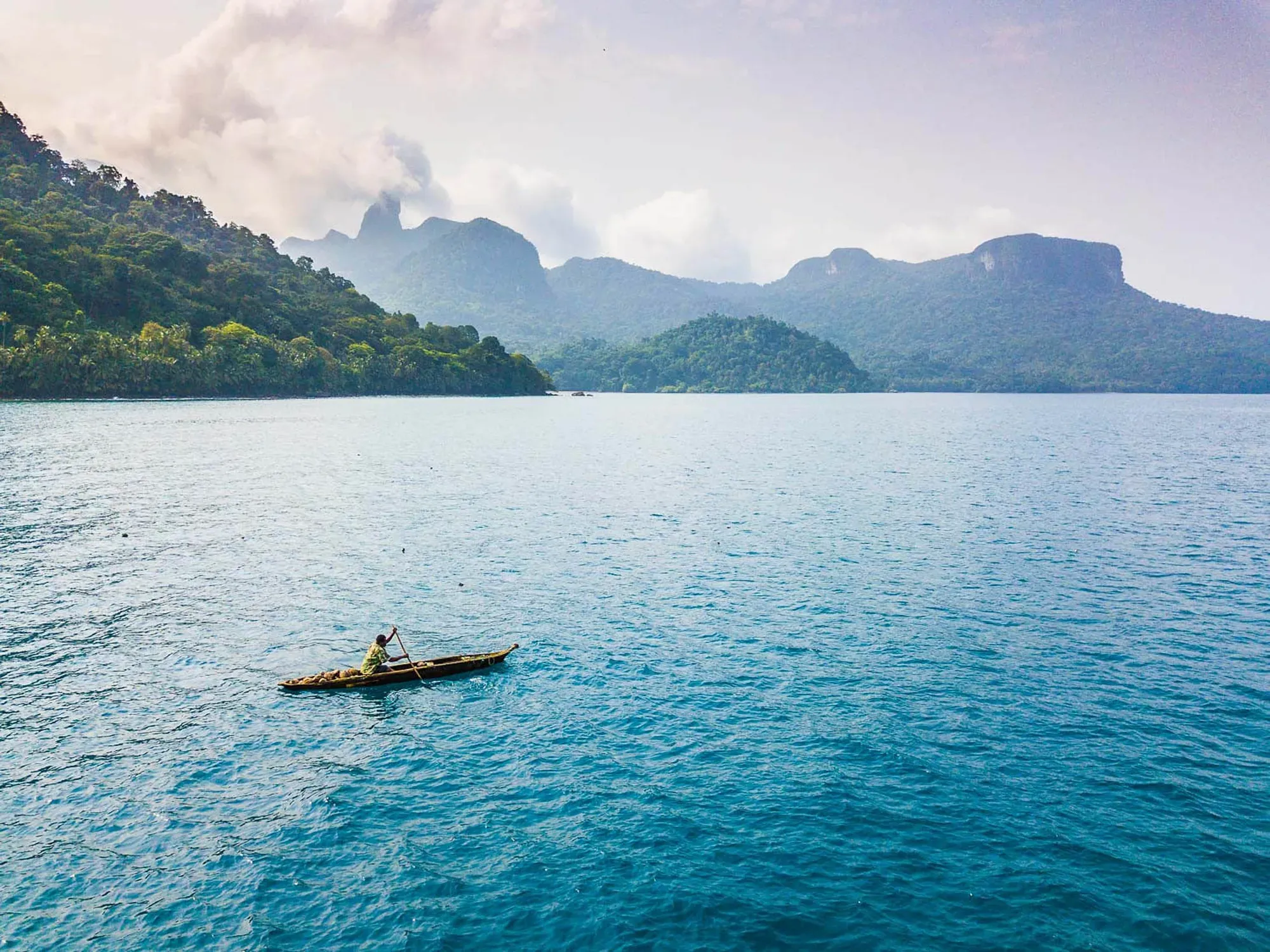
São Tomé and Príncipe might be a tiny speck on the map, but its lessons could ripple across the globe. Shuttleworth’s experiment offers a tantalizing glimpse of a future where technology, ecology, and human welfare are intertwined. It’s a high-stakes bet on what conservation can become—and it might just redefine how we save the planet, one island at a time.


